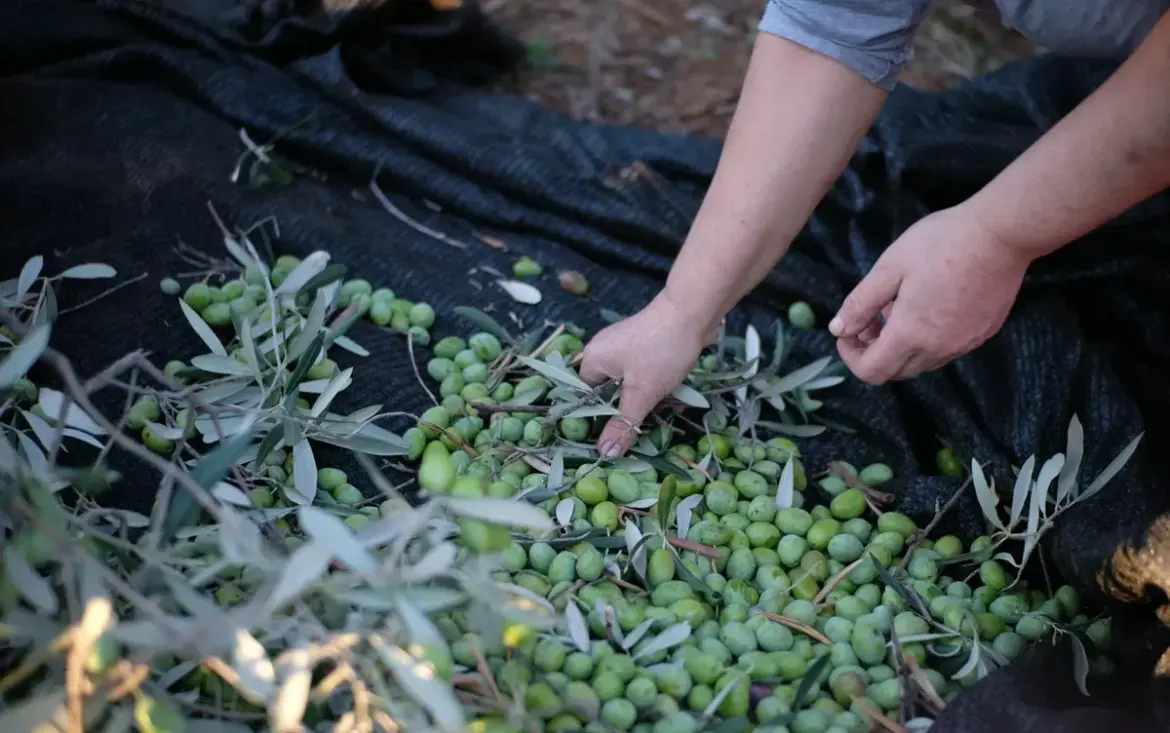Historic year for Portugal’s olive oil sector. Credit: Gianpiero Ferraro
Portugal’s olive oil industry has hit another major milestone. The country’s exports have topped one billion euros in value for the second year. This marks a historic moment for the sector and confirms Portugal’s growing strength in the global olive oil market.
According to Gonçalo Morais Tristão, president of the Alentejo Olive Oil Studies and Promotion Centre (CEPAAL), the figures from 2023 were already impressive. But 2024 has matched them, showing that Portugal’s olive oil sector is not just thriving, but becoming a consistent player on the world stage.
“This is a historic result,” said Morais Tristão. “Surpassing the one billion euro mark in two consecutive years is very important for the sector. It confirms the value of our product and the trust that international markets have in Portuguese olive oil.”
Most Read on Euro Weekly News
Exports include both bulk olive oil and bottled olive oil under Portuguese brands. Bulk exports are mainly sent to Spain and Italy, where the oil is often used in blends or repackaged. Bottled olive oil, especially extra virgin, goes primarily to Brazil, a key market for high-quality Portuguese products.
Strong production and growing demand
A strong olive harvest has supported the success of exports. According to CEPAAL and the latest figures from the National Statistics Institute (INE), the 2024/2025 campaign saw an increase of around 10 per cent in production compared to the previous year. Portugal produced 177,000 tonnes of olive oil this season, up from 150,000 tonnes the year before.
In terms of volume, that is close to two million hectolitres. It is the second-best production year ever for Portugal. The region of Alentejo leads the way, accounting for nearly 90 per cent of the country’s olive oil output. It has over 209,000 hectares of olive groves and more than 100 olive mills. Most of the oil produced in the region is classified as virgin or extra virgin.
Portugal is now the sixth-largest olive oil producer in the world and the third-largest exporter in Europe. Its position in the market continues to grow as international buyers look for quality oils with a clear origin and identity.
Prices come down, consumption may rise
Another factor helping the sector is the recent drop in olive oil prices. In 2023, there was a sharp rise in the cost of extra virgin olive oil, with prices increasing by around 40 per cent. This put pressure on household budgets and led to a drop in consumption in some countries. In 2024, prices have adjusted downward, which is expected to bring consumers back to the shelves and boost sales. This put pressure on household budgets and led to a drop in consumption in some countries.
In 2024, prices have adjusted downward. This is expected to bring consumers back to the shelves and boost sales. However, producers warn that prices still need to remain high enough to cover production costs. Olive oil is a natural product; maintaining quality involves time, effort and care.
“The price drop is positive if it encourages more people to buy olive oil,” said Morais Tristão. “But we also have to make sure producers can survive and continue investing in quality.”
Campo Maior celebrates olive oil heritage
As Portugal celebrates another record year, the town of Campo Maior in the Portalegre district is preparing to host two key industry events. After almost 20 years of absence, the National Olive Fair and the National Olive Oil Congress are returning. The events take place on May 22 and 23.
Organised by CEPAAL with support from the local council, the events are expected to attract producers, experts and olive oil lovers from across Portugal and beyond.
The Congress includes four key panels focused on the future of the olive oil sector. Topics include new challenges, environmental and social standards, branding and identity, and the role of Portuguese olive oil in fine dining.
The event also includes the 2025 Virgin Olive Oil Competition, which brings together some of the best oils from across Portugal.
Looking ahead
Portugal’s olive oil industry has come a long way in recent years. It has moved from being a small-scale national product to an internationally respected brand. Thanks to investment in technology, sustainability, and marketing, Portuguese olive oil is now competing with the best in the world.
With back-to-back billion-euro export years, producers are feeling confident. They say there is still plenty of room to grow, especially in key markets like North America and Asia, where interest in Mediterranean diets and natural products continues to rise.
As Campo Maior welcomes back the country’s olive oil community, there is a strong sense that this is just the beginning. Portugal has the land, the tradition, and the expertise. Now, it also has global recognition.

